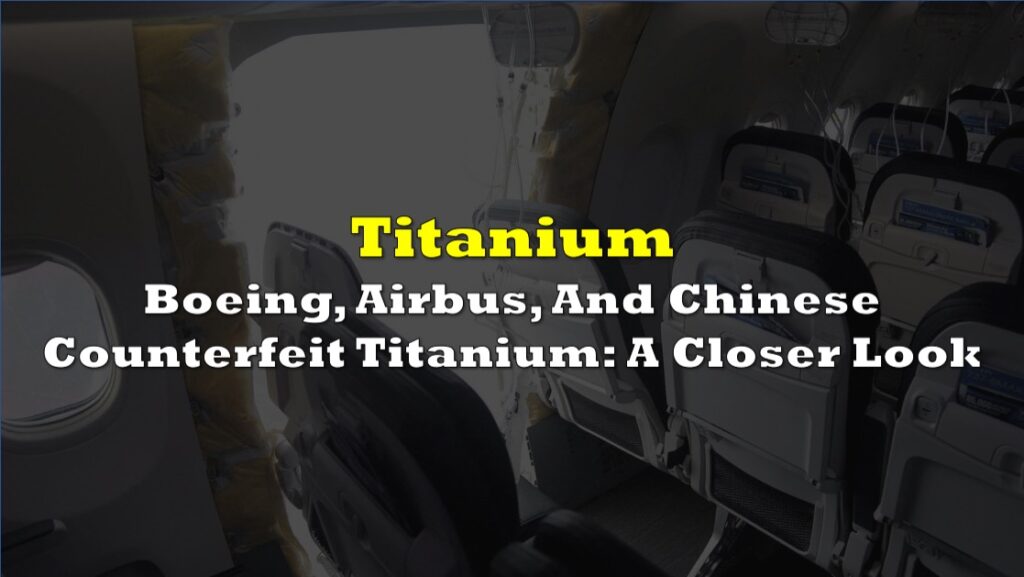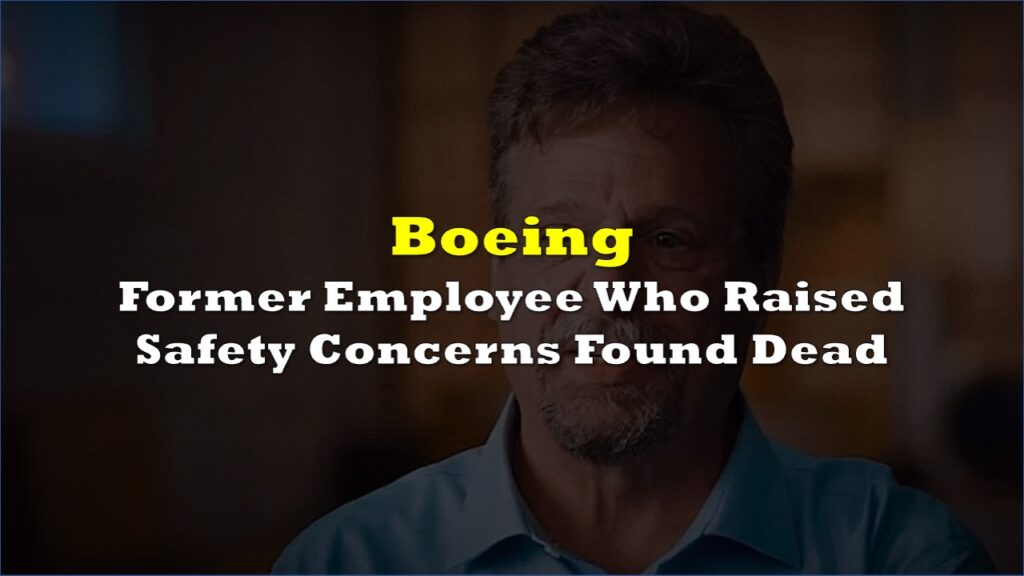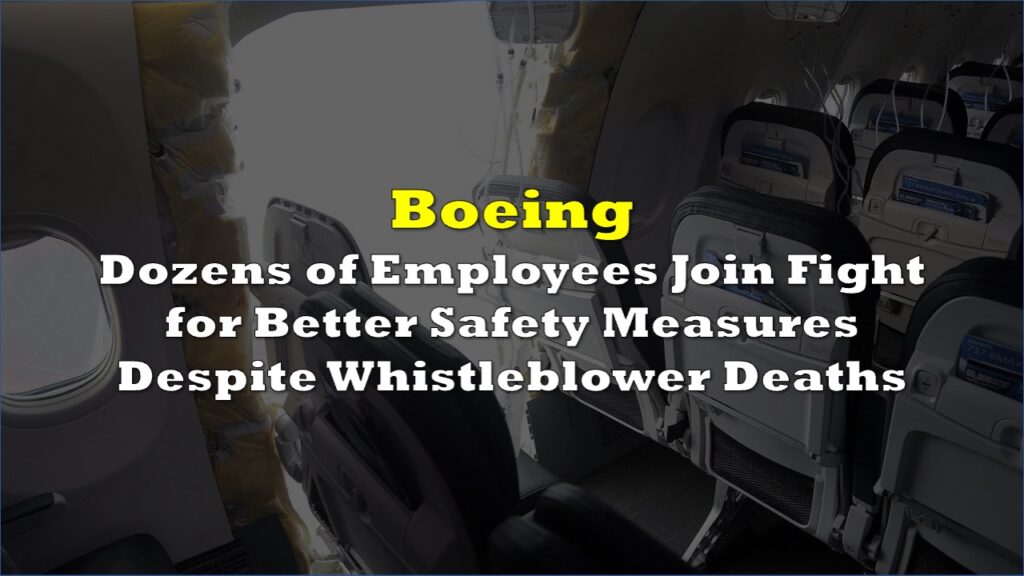Boeing (NYSE: BA) will plead guilty to a criminal fraud charge related to the tragic crashes of its 737 Max jetliners that killed 346 people, the Justice Department announced. The government determined that the aerospace giant violated an agreement which had shielded it from prosecution for over three years.
Federal prosecutors gave Boeing the option last week to either enter a guilty plea and pay a fine as part of its sentence or face a trial on the felony criminal charge of conspiracy to defraud the United States. The Justice Department accused Boeing of deceiving regulators who approved the airplane and pilot-training requirements for it.
The plea deal, pending approval from a federal judge, includes an additional $243.6 million fine. This sum matches the amount Boeing paid under a 2021 settlement that the Justice Department stated the company breached.
The deal also mandates the appointment of an independent monitor to oversee Boeing’s safety and quality procedures for three years, along with a requirement for Boeing to invest at least $455 million in its compliance and safety programs.
Boeing confirmed in a statement that it had reached the agreement with the Justice Department but refrained from further comment.
The agreement pertains only to Boeing’s misconduct prior to the crashes, which occurred in Indonesia in October 2018 and in Ethiopia in March 2019. It does not extend immunity to other incidents, such as the panel that detached from a Max jetliner during an Alaska Airlines flight in January. It also does not cover any current or former Boeing officials, focusing solely on the corporation.
The crashes involved new Max jets, leading to the deaths of all passengers and crew members aboard. Federal prosecutors alleged that Boeing engaged in a conspiracy to defraud the government by misleading regulators about a flight-control system implicated in the crashes. This software, which did not exist in older 737 models, could push the plane’s nose down without pilot input. The Lion Air pilots were unaware of this software, while the Ethiopian Airlines pilots struggled to control the plane when the software activated due to a faulty sensor.
Under the January 2021 settlement, the Justice Department agreed not to prosecute Boeing if the company complied with certain conditions for three years. However, last month, prosecutors alleged Boeing had breached these terms.
The company’s guilty plea will be entered in the U.S. District Court in Texas. The presiding judge, who has previously criticized Boeing’s conduct, can either accept the plea and proposed sentence or reject the agreement, potentially leading to new negotiations.
Sweetheart deal
Relatives of the crash victims have expressed their dissatisfaction with the plea deal. Paul Cassell, a lawyer representing some of the families, criticized the agreement, stating, “This sweetheart deal fails to recognize that because of Boeing’s conspiracy, 346 people died. Through crafty lawyering between Boeing and DOJ, the deadly consequences of Boeing’s crime are being hidden.”
Attorney Paul Cassell, representing the crash victims’ families, criticized the plea deal when it was proposed, saying that calling it a “sweetheart deal” that does not adequately acknowledge Boeing’s role in the fatal crashes. The families had requested a nearly $25 billion fine, with a substantial portion potentially allocated towards safety improvements.
Ike Riffel, whose sons Melvin and Bennett died in the Ethiopian Airlines crash, emphasized the need for accountability, saying, “Boeing has paid fines many a time, and it doesn’t seem to make any change. When people start going to prison, that’s when you are going to see a change.”
Senator Richard Blumenthal of Connecticut also commented on Boeing’s situation, noting the importance of the company’s success for various stakeholders. “We want Boeing to succeed. Boeing needs to succeed for the sake of the jobs it provides, for the sake of local economies it supports, for the sake of the American traveling public, for the sake of our military,” he said during a recent Senate hearing.
The plea deal does not address Boeing’s status as a federal contractor, which could be jeopardized by a criminal conviction. Legal experts suggest that this will be left to individual government agencies to decide. Historically, the Air Force allowed Boeing to compete for contracts after a significant fine in 2006, citing “compelling national interest.”
Boeing employs 170,000 people, with a substantial portion of its revenue derived from U.S. government contracts, primarily in defense. Despite the company’s ongoing issues, it remains a crucial defense contractor and a key player in the aviation industry.
Despite these, Boeing’s challenges are far from over. The company continues to face production caps imposed by the Federal Aviation Administration (FAA) and a loss of market share to Airbus.
Boeing last traded at $184.83 on the NYSE.
Information for this story was found via Global News and the sources mentioned. The author has no securities or affiliations related to the organizations discussed. Not a recommendation to buy or sell. Always do additional research and consult a professional before purchasing a security. The author holds no licenses.









